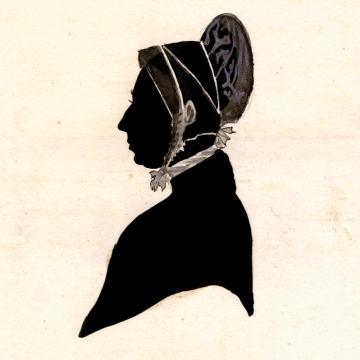
Born as Elizabeth Coltman, in 1789, in Leicester, Elizabeth became a member of the Society of Friends and devoted herself to social reform.
As well as becoming a prison visitor, she wrote political pamphlets about a range of issues, from the Corn Laws to the harsh treatment of vagrants. However, her overriding interest was in the abolition of slavery in the British colonies. Heyrick began campaigning for a new sugar boycott in Leicester, with the help of Lucy Townsend, Mary Lloyd, Sarah Wedgwood and Sophia Sturge.
She visited all of the city’s grocers to urge them not to stock slave-grown goods. She described the West India planters as being like thieves and those who bought their produce, like receivers of stolen goods. Hayrick criticised the mainstream anti-slavery figures for being slow, cautious and accommodating.
In 1824, Elizabeth published her pamphlet ‘Immediate not Gradual Abolition’. This differed from the official policy of gradual abolition and William Wilberforce gave out instructions for leaders of the movement not to speak at women’s anti-slavery societies, as most of which supported Heyrick.
However, Heyrick’s pamphlet was distributed and discussed at meetings all over the country. In 1830, the Female Society for Birmingham submitted a motion to the National Conference of the Anti-Slavery Society calling for a campaign for an immediate end to slavery in the British colonies.
Elizabeth suggested that the women’s associations should withdraw their funding for the Anti-Slavery Society, if it did not support this resolution. As the Female Society for Birmingham was one of the largest donors to central funds, it was influential across the whole network of ladies’ associations, which supplied over a fifth of all donations.
At the conference in May 1830, the Anti-Slavery Society agreed to drop the words “gradual abolition” from its title and support the Female Society’s plan for a new campaign calling for the immediate end to slavery. Elizabeth Heyrick died in 1831 and therefore did not live to see the passing of the 1833 Abolition of Slavery Act.
